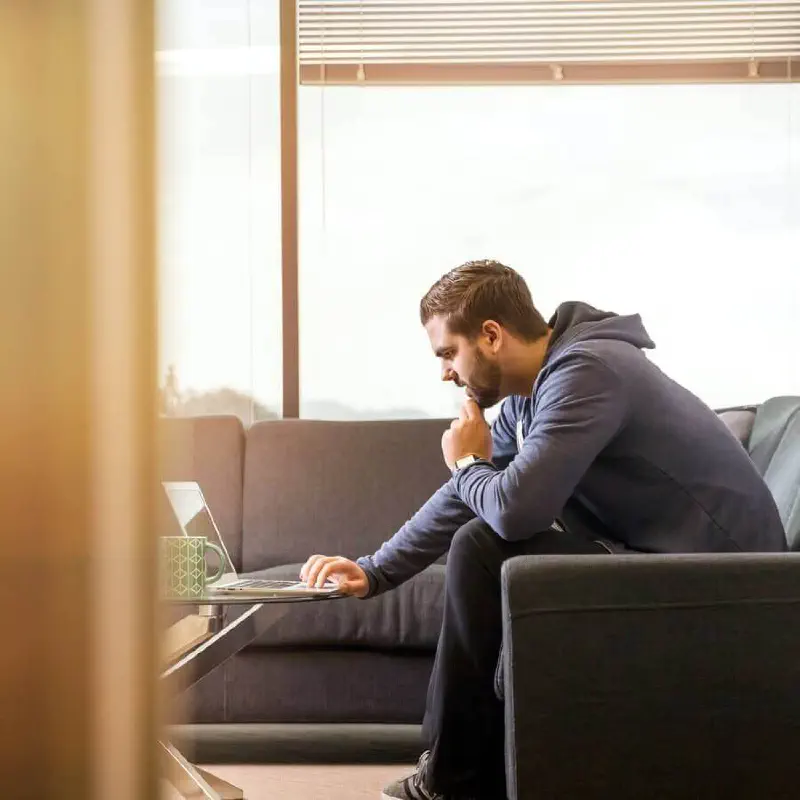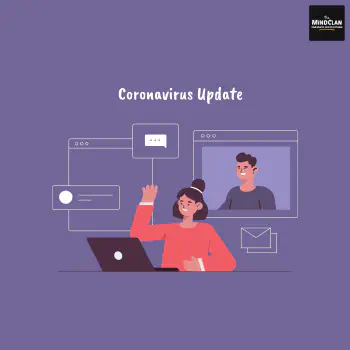Many organizations and communities have reached out to us to facilitate a conversation on mental health care and collective support during these trying times. We have been a part of multiple check-ins, calls, workshops, support groups, and sharing of stories over the last 6 months. Across this experience, our team has been learning (and unlearning) so much about what it means to create safe, intimate spaces online, and what it takes to create them.
View Part 1:
This post is part of our 2 post series on redefining and renegotiating what we know about virtual mental health workshops and webinars. Do take a look at Part 1 if you haven’t already.
Virtual Workshops: Redefining Intimate Spaces, For The Better. (Part 1)
The first post of our two part series.
The Learnings:
Here are some more things we have learned, noticed and gathered in this journey of ‘redefining’, that we would love to share with the world:
1. Redefining affirmations:
In addition to nods and smiles, participants are now able to share words to express their agreement and affirmation in real time during a workshop. If something stands out to you, you don’t have to wait for the facilitator to finish or the event to end. You can simply type your thoughts in the chat box during the slide that you resonated with!
One of our favourite parts in virtual workshops, has been when participants start a conversation in the chat box when we share something that connects with them. The next thing we know? There’s a whole online room full of people feeling seen, validated, and affirmed!
2. Being yourself through chat boxes:
Live chat boxes let participants be themselves without interrupting or distracting the flow of the workshop. Want to make a joke or comment related to what’s being said? Type it out!
Let out your personality in the chat box! As facilitators, we always find it a real treat and privilege to witness people being themselves unapologetically.
3. Know each other more personally:
It warms our heart when we watch personal moments from participants’ lives intersecting with our workshops.
Their parents interrupting with chai/coffee, a sneak peek into their home space, a pet jumping in and stuffing their face in front of the camera, a child walking in, the participant’s favourite posters and souvenirs in their room.
We love getting to know people in these little yet important ways.
4. Breaking power disparities:
We notice that all the above experiences enable a questioning and breaking of power disparities between facilitators and participants - something that we encourage and look forward to making possible in all our workshops.
Additionally, not having to struggle to take live notes because we can simply take screenshots of relevant slides, is such a boon! The online space also breaks away from cliques and groupism.
Many of us may find it difficult to strike conversations with pre-formed groups of people in physical spaces who may already know each other. The online space turns this over on its head by being the single and only place for everyone in the workshop to interact. Everyone is equally present, equally listening to one another, and equally able to know each other in ways they would probably not have known otherwise.
5. Ease in Responding to Triggers:
Responding to triggers in the online space when one is feeling pain, anxiety, uneasiness, or discomfort due to anything that’s being shared by the facilitator or another participant, is a whole lot easier.
It takes a single click to exit the space, soothe oneself, find support, and return to the online meeting whenever one is ready. It is much easier on participants to cope with their distress, when they’re not worried about their actions coming across as “disrespectful” or otherwise to peers and the facilitator.
In Closing:
Virtual workshops and online meetings have helped us facilitate not only safe spaces, but brave spaces too. We are excited to continue exploring this journey of redefining intimate spaces and sharing our learnings!
We do understand that virtual workshops come with many assumptions, which may/may not apply to everyone. They assume that the participant’s home is a safe space, they assume that the participant has the infrastructure (like a phone, laptop, fast internet connections, etc) to join into the workshop (which may not be a privilege everyone has), alongside many other assumptions. We really hope the systems around us would help make virtual spaces more accessible and inclusive of everyone’s contexts.
Invite Us For A Mental Health Workshop.
We offer private workshops for organizations and communities across the globe. Our team of qualified facilitators are passionate about making safe spaces accessible, personal, inclusive, and supportive of everyone’s context.
Our workshops are 100% online, modules are people centric, and work is activity & values driven.
Feel free to reach out to us .
Invite Us


















